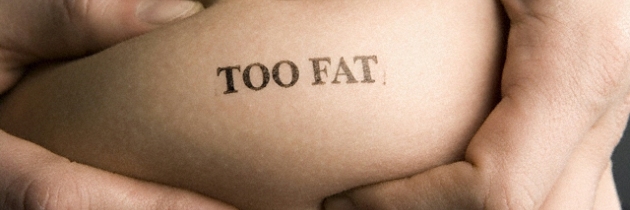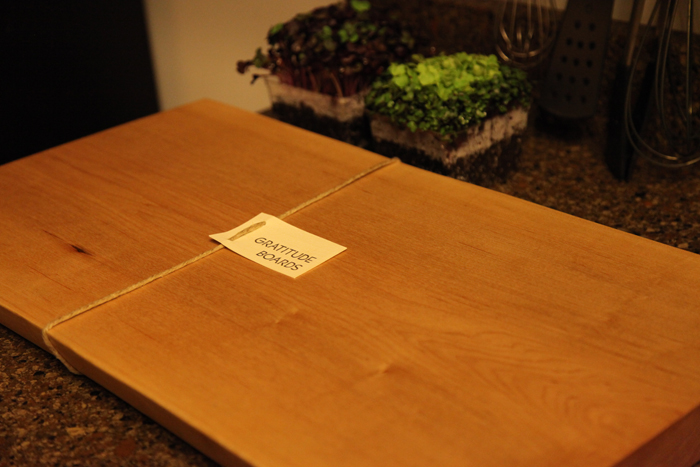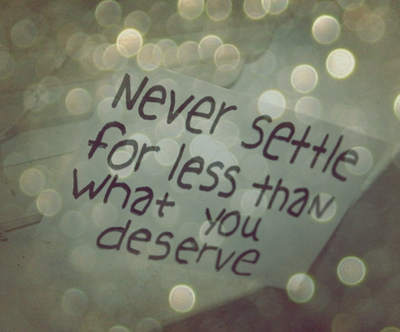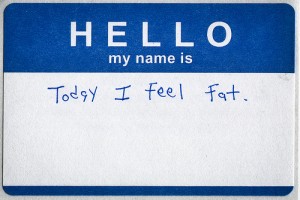Today’s guest post is by Davey Wavey’s good friend and spiritual weight release coach, Diane Petrella. Diane is also one of the contributors to The Davey Wavey Weight Loss Program.
You probably know how challenging summer can be when you’re worried about extra weight. Nothing like shorts and tank tops to trigger body insecurity, right? There is a solution and a way to embrace summer with confidence and joy. No, it’s not about changing your summer wardrobe into long-sleeve shirts and sweatpants. It’s about changing your mindset.
Here are my top 5 steps to getting body-confident, even in the hot weather:
1. Don’t Criticize… Apologize
Yes, you heard me… apologize. When you’re stuck in self-criticism about your heavy thighs or waist, you don’t need to deny how you feel. But you need to know how to stop. One way is to apologize to your body for speaking badly about it. As in any relationship, a heartfelt apology clears the air and helps you refocus. And the relationship you have with your body is as real as a relationship with a person. Use an apology to turn things around whenever you catch yourself in destructive thinking. Simply say to your body, “I’m sorry for talking about you this way.” Then do the best you can to end the negative self-talk and move on. Repeat as necessary.
2. Wear Clothes You Love
You deserve the best. So stop wearing clothes that feel uncomfortable or that you don’t like but only wear because they hide your body. (Plus, it can dampen your spirit to put on a dark, baggy sweater on a beautiful day, don’t you think?) Splurge a little on something you really love. It’s better to buy a few quality items you adore than 10 things that are “just okay” and happen to be on sale. And disregard what anyone says about what you “should” wear, especially to the beach or pool. Don’t force yourself to wear a bathing suit if you really don’t want to. If you feel more at ease in a t-shirt and shorts, go for it. Your comfort level—in clothes that make you feel good, too—is all that matters.
3. Compliment Others Generously
One of the best ways to shift attention away from your own body insecurity is to flatter someone else. If you like the blouse of the woman next to you at the check-out counter, tell her how pretty it is. If the cashier at the diner looks fabulous in her sundress, let her know. The more generously you give compliments instead of keeping your thoughts to yourself, the more love you give to the world… and the more that love comes back to you. Putting a smile on someone’s face keeps things in perspective because as you brighten their day, you brighten your own.
4. Pamper Yourself
Sometimes the hardest thing to do is the most important thing to do. While it’s never the wrong time to treat your body with love and respect, those moments when you feel especially insecure about your body are exactly when it needs your extra love and attention. Real body-confidence transformation can happen with just a small act of self-care. Maybe a gentle yoga class helps you feel more present in your body. Some love a leisurely hot tub soak or foot bath—while for others, booking a spa appointment for a facial or massage is in order. Even something as simple as a bright new lipstick, cute hair clip or hat can put a spring back in your step and raise that body confidence a few degrees.
5. Create your Self-Love List??
I learned about the extraordinary educator, Marva Collins, in a positive psychology workshop. Marva founded a school in Chicago for disadvantaged students. These high-risk children excelled beyond anyone’s expectations and Marva received national recognition for her work.
So, what does this have to do with weight loss?
It’s simple. Marva understood the power of love. When her students misbehaved, Marva did not harshly discipline them. Instead, she instructed them to write a list of their positive qualities, from A to Z.
As they wrote “I am adorable, I am beautiful, I am courageous,…” Marva’s students flourished from her love-inspired approach.
Take a page from Marva’s notebook and create your own self-love list. Use her approach to improve your body confidence and overall self-worth. Write down all your wonderful qualities, from A to Z. (Yes, I know, there are some tough letters. Use a dictionary.) Start each sentence with “I am…”??
Here are a few of mine:
“I am accepting of myself.”?
“I am big-hearted.”
?”I am confident.”??
This isn’t just a “nice” exercise. This works because you train your mind and brain to scan for the positive. Do this regularly, and especially when feeling self-critical, to move beyond body insecurities and focus on what matters most.
If you dread summer activities and the more revealing clothes of hot weather, I invite you to try one or all of these steps and see if your mindset shifts. Experience what it’s like to allow your self-love and acceptance to rise… along with the temperature.















